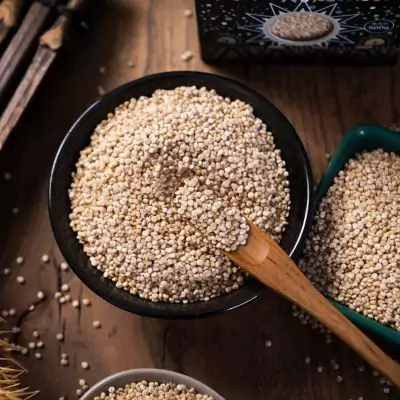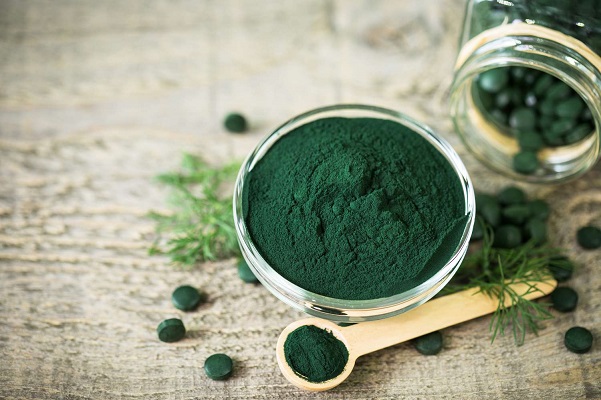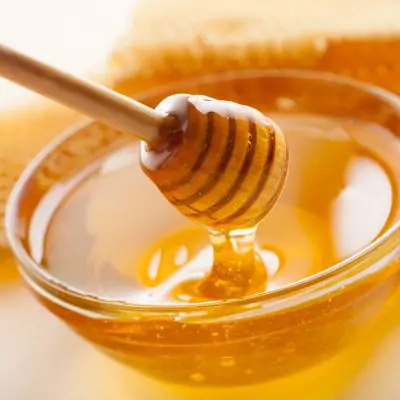On This Page
Overview
Quinoa, also referred to as the “mother of all grains,” was first grown in South America 5,000 years ago and has since become a staple food due to its nutritive and simple-to-prepare qualities. As a result, it has gradually gone global and is now regarded as one of the top gluten free superfoods to eat by health-conscious people.
It is gaining enormous popularity due to its numerous health advantages. Amaranth plants are members of the flowering plant family.
Synonyms of Quinoa
- Chenopodium quinoa
- Bathua
Nutritional Facts of Quinoa
A half-cup of cooked quinoa contains:
| Calories: | 368 |
| Protein: | 14 grams |
| Fat: | 7 grams |
| Carbohydrates: | 64.2 grams |
| Fiber: | 3 grams |
| Sugar: | 1 gram |
Phytochemical Constituents of Quinoa
- Phenolics
- Betacyanins
- Lipophilic
- Tocopherols
- Carotenoids
Therapeutic Uses of Quinoa
- Fights Inflammation
Alpha, beta, gamma, and delta-tocopherol are all abundant in quinoa, which also has larger quantities of the antioxidants quercetin and kaempferol, which fight free radicals than berries do. The B vitamins in quinoa lower the body’s levels of homocysteine, an inflammatory hormone. The saponins in quinoa have been demonstrated in studies to have anti-inflammatory properties.
- Quinoa is naturally gluten-free
Quinoa is the greatest gluten-free diet substitute if you have celiac disease, gluten intolerance, or gluten sensitivity because it significantly boosts your diet’s antioxidant and vitamin content. It can be substituted for other gluten-free foods such as corn, potatoes, and tapioca. It is also more nutrient-dense than rice, providing the necessary amounts of protein, calcium, iron, and fiber to create a diet that is more balanced and meets the condition’s dietary needs
Home Remedies of Quinoa
- For skin
And if you believed that quinoa’s benefits were limited to diet consumption, think again. Because it contains large levels of lysine, a building block in the production of collagen in the skin and joints as well as elastin, quinoa is used widely in Western countries in a variety of home treatments for skin attractiveness.
- Fights Acne
Niacinamide, also known as Vitamin B3, is found in quinoa and is very important in calming the skin when it is irritated and inflamed due to rosacea, acne, or even eczema. Ecdysteroids, a substance included in quinoa, heal skin damage and lessen irritation while also assisting in the removal of acne scars.
- Slows Down Aging
Quinoa has significant levels of riboflavin, a natural anti-aging agent, and vitamin A. It not only aids the skin in generating new collagen but also lessens wrinkles and fine lines, giving the skin a radiant appearance.
- Boosts Hair Growth
Nine important amino acids, which are abundant in quinoa, can naturally strengthen hair follicles and repair hair by feeding and moisturizing the scalp. According to studies, humectant, a natural chemical, develops a layer of defense against dust and pollutants on the scalp.
- Treats Dandruff
Quinoa, a superfood that is rich in calcium, iron, and phosphorus, is a quick fix for getting rid of dandruff. Quinoa is crushed into a powder, mixed with water to produce a paste, and then applied to the scalp. After 15 minutes, wash it and give it a good rinse with a gentle shampoo.

Have A Health Issue?
Consult Online
- Dr. Sahil Gupta (B.A.M.S., M.H.A.)
Ayurvedic Allergy Specialist
CEO & Founder of IAFA®
Ayurvedic Aspects of Quinoa
Ayurveda advice includes quinoa in your diet regularly to help with Kapha Dosha-related issues. Patients with this imbalance frequently experience significant respiratory problems, congestion, and other lung-related conditions.
It is the perfect grain for those with anemia because it is gluten-free, and has enormous levels of calcium (4 times more than wheat), loads of protein, and lots of iron. Due to the high levels of manganese and magnesium in quinoa, it has the extraordinary ability to both revitalize and relax the muscles at the same time.
Daily Dose: One can consume one-two cup of cooked quinoa in a day
Side Effects of Quinoa
If you eat too much quinoa, it could harm your health in various ways.
- Bloating
Anything that is consumed in excess is dangerous, and fiber is no exception. Due to its unusually high fiber content, quinoa can cause bloating and several other problems when consumed in excess. Additionally, it includes saponin, which may have an impact on the lining of the colon and cause indigestion.
- Allergies
Some of the components in quinoa have the potential to exacerbate some allergies. It mostly affects the scalp, lungs, and skin. Therefore, you should reduce your quinoa intake immediately once you’re feeling any of these symptoms. Additionally, it may result in kidney stones, Crohn’s disease, etc.
Conclusion
Quinoa is a pseudo-cereal that is free of gluten and high in nutrients like protein, carbs, and vitamins. It is a fantastic option for vegans, vegetarians, and anyone seeking to consume less meat because it provides all 9 essential amino acids. Additionally, quinoa has a lot of B vitamins, which are necessary for the body’s metabolic processes that turn food into energy. Quinoa consumption also decreases cholesterol and blood pressure, lowering the risk of cardiovascular illnesses. If you face any side effects, or Quinoa Allergy ask the ayurvedic health expert. You can also contact IAFA® where Dr. Gupta offers ayurvedic management for all allergy-related problems.









